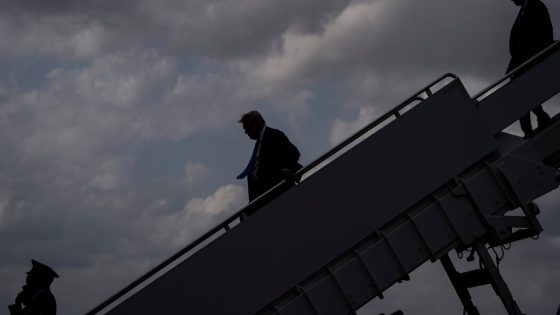On March 1, 2025, trade experts from the united states and other nations gathered at the Center for a New American Security in Washington to simulate a global trade war. This exercise aimed to understand potential outcomes if President Trump continued imposing tariffs on major trading partners.
- Trade war simulation among global experts
- Economic losses from tariffs accumulating
- Participants role-played potential trade dynamics
- Focus on U.S. tariffs against trading partners
- Event held at bipartisan think tank
The simulation brought together about two dozen participants, including think tank experts and former officials from both the Trump and Biden administrations. Their goal was not to predict future events but rather to explore the dynamics of international trade relations under stress from aggressive tariff policies. Teams represented key players such as China, Europe, and Canada, each proposing solutions to mitigate the impact of rising tariffs.
In recent months, President Trump has implemented tariffs affecting several countries, including significant levies on steel and aluminum imports. These actions have led to increased job losses and inflation concerns within the United States. On March 6, he is expected to announce further increases in tariff rates that could affect additional trading partners.
- Tariffs imposed on China, Canada, and Mexico.
- 25% tariffs on cars and auto parts set to take effect soon.
- Global economic implications include rising inflation and job losses.
This simulation reflects growing frustration among global leaders regarding U.S. trade policies. Participants sought ways to negotiate new agreements that would prevent an economic downturn while navigating complex political landscapes influenced by these tariffs. The findings may inform future discussions as countries respond to ongoing trade tensions.
The simulation highlighted the complexities of international trade negotiations amid heightened tensions caused by U.S. tariff strategies. As stakeholders continue discussions around these issues, understanding their implications will be crucial for maintaining stable economic relations globally.

































